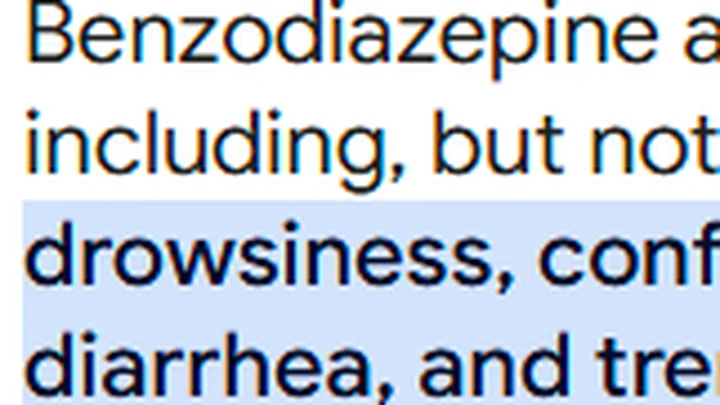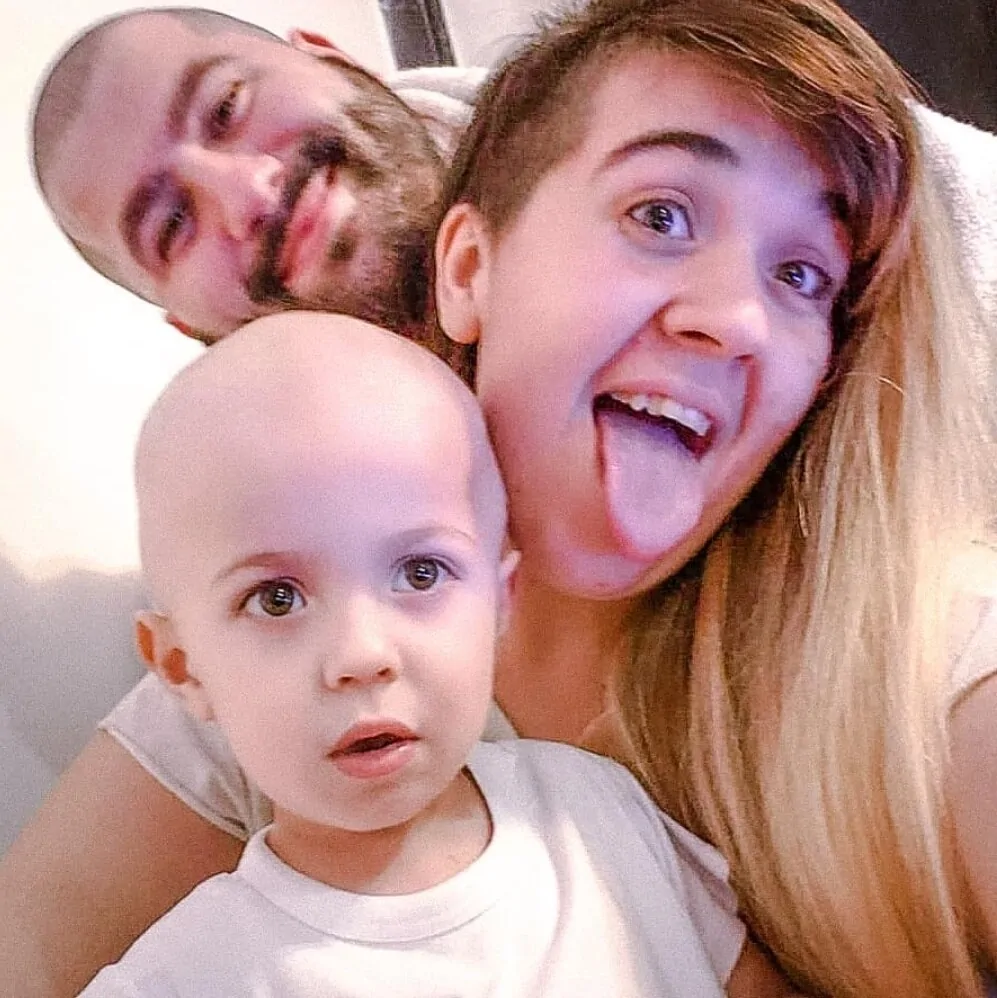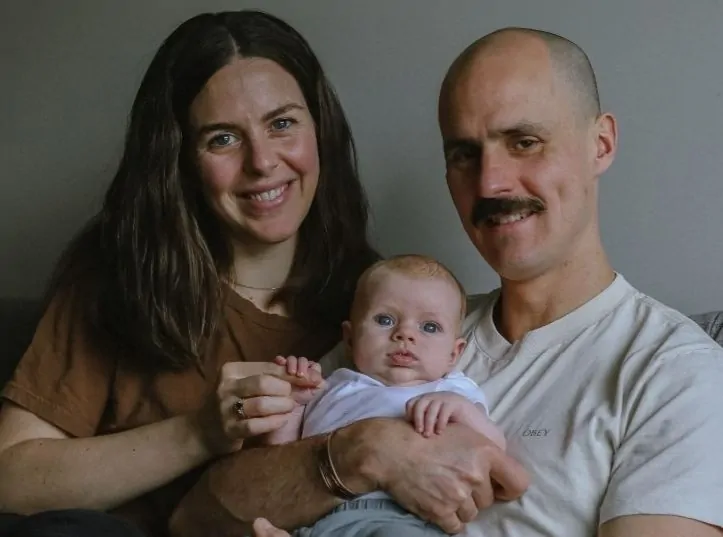Short-Term Aftereffects (Withdrawal or Discontinuation Symptoms)
These can begin within hours to a few days after stopping and include:
Anxiety & Panic Attacks (often worse than before)
Insomnia
Irritability or agitation
Tremors
Sweating
Muscle pain or stiffness
Headaches
Nausea or vomiting
Heart palpitations
Sensory distortions (sensitivity to light/sound, “brain zaps”)
In severe cases (especially after high-dose or long-term use), withdrawal can cause seizures or hallucinations.
Cognitive and Psychological Aftereffects (Can Last Weeks to Months)
Memory problems (especially short-term memory)
Difficulty concentrating (“brain fog”)
Emotional numbness or flatness
Depression
Lack of motivation
Delayed return of baseline anxiety
Long-Term Risks of Benzodiazepine Use
Even after stopping, some people experience protracted withdrawal or persistent symptoms like:
Post-acute withdrawal syndrome (PAWS) – lasting for months or even years in some cases.
Cognitive decline – linked to long-term use, especially in older adults.
Increased risk of dementia – debated, but some studies show a connection.
Mood instability – cycles of depression or anxiety that weren’t there before.
Sensitivity to stress – heightened emotional reactivity.
How Long Do Aftereffects Last?
Short-term withdrawal: 1–4 weeks
Prolonged withdrawal: up to 6–12 months (less common, but possible)
Full recovery: Many people return to baseline with time, support, and sometimes therapy.
Helpful Tips for Recovery
Taper off slowly (never stop cold turkey, especially after long-term use)
See a doctor or psychiatrist regularly
Cognitive-behavioral therapy (CBT) can help manage anxiety or insomnia
Sleep hygiene and stress reduction practices (like meditation, light exercise)
Nutrition & hydration play a role in neurological healing




